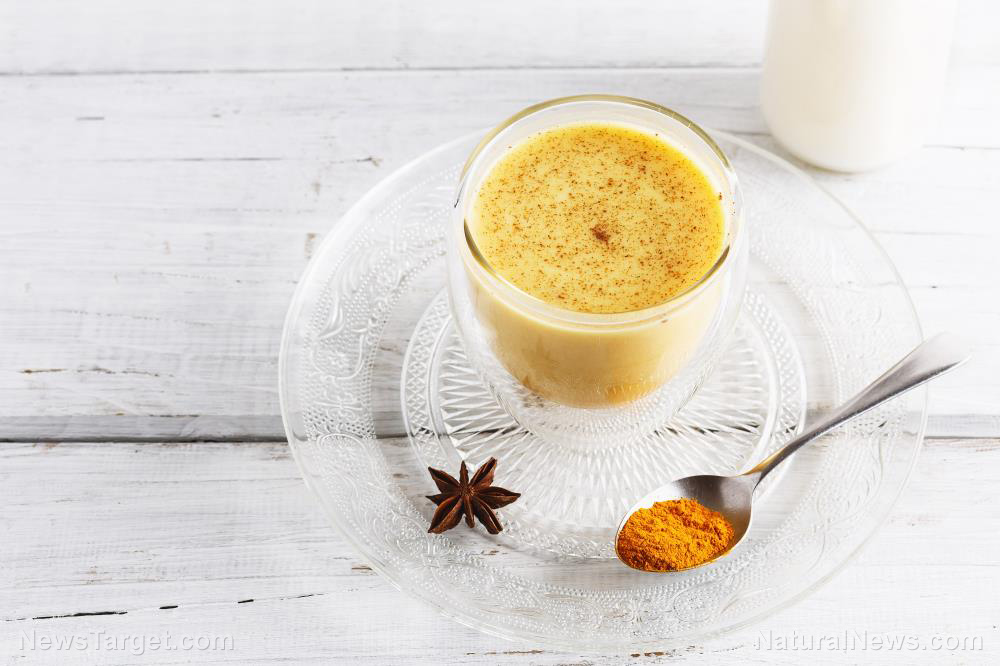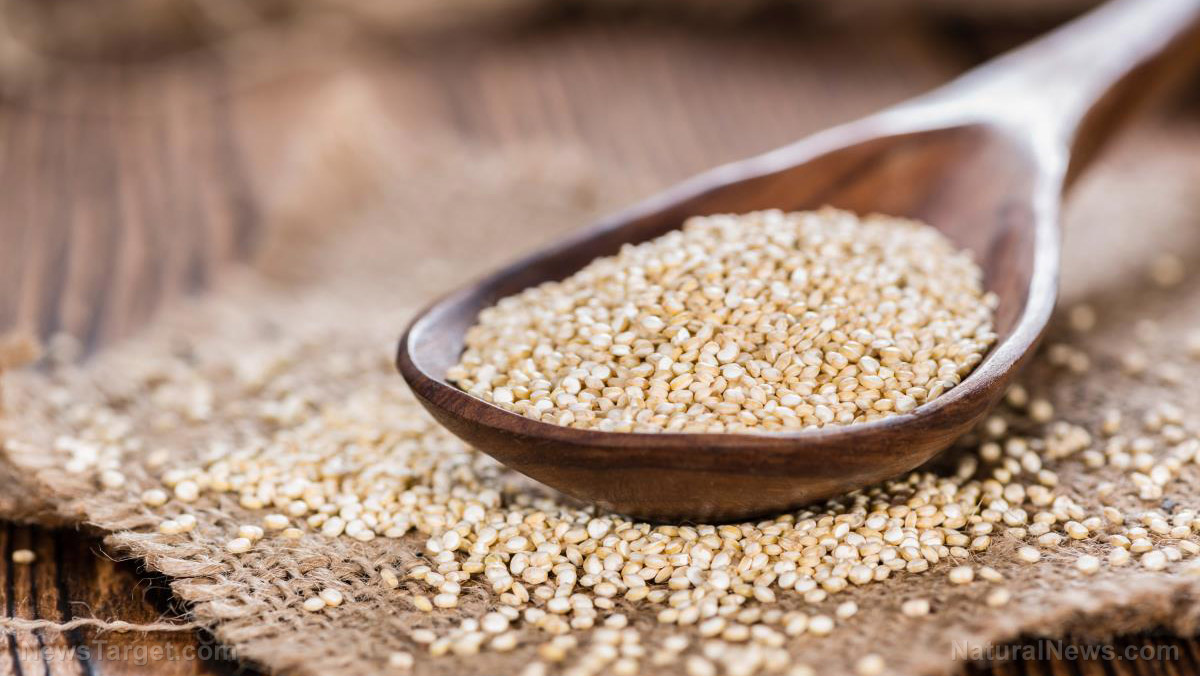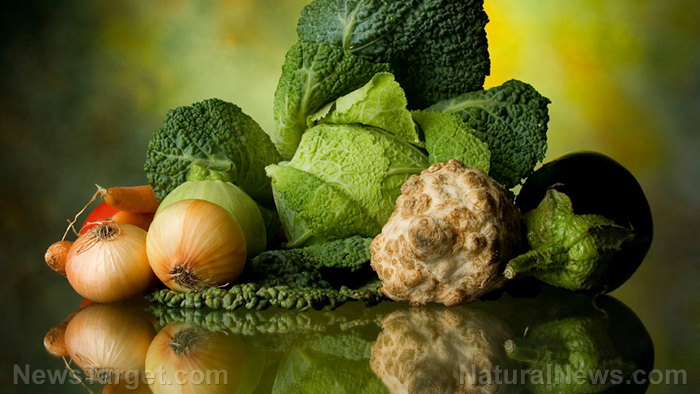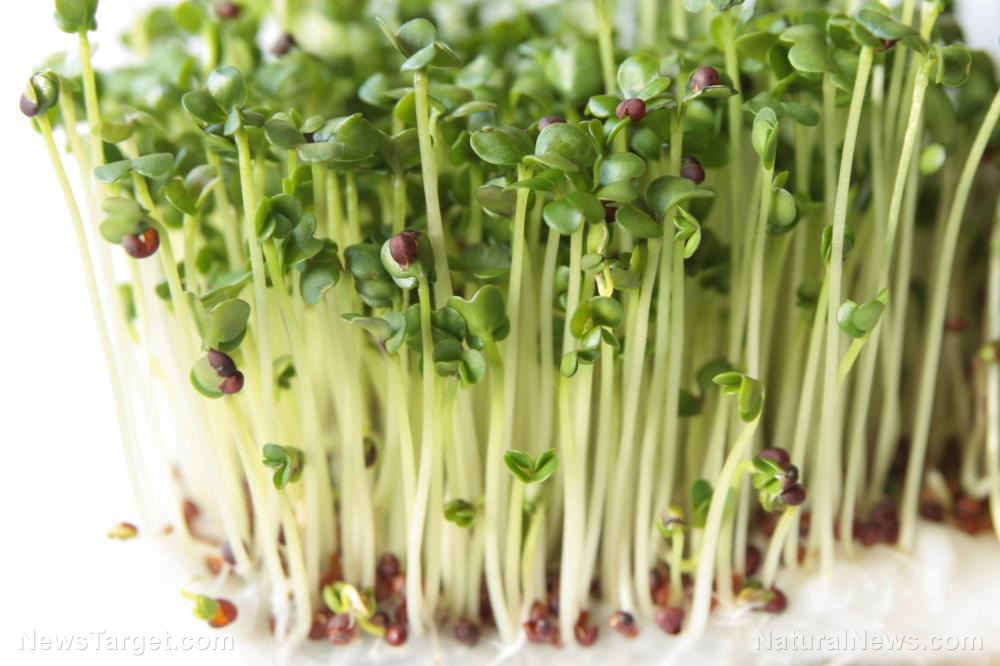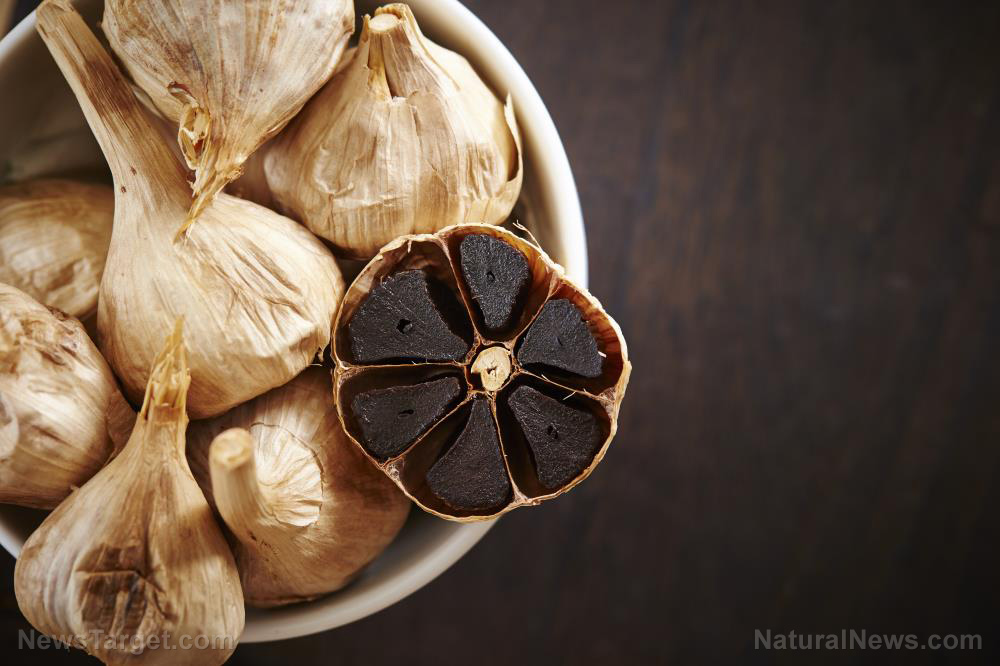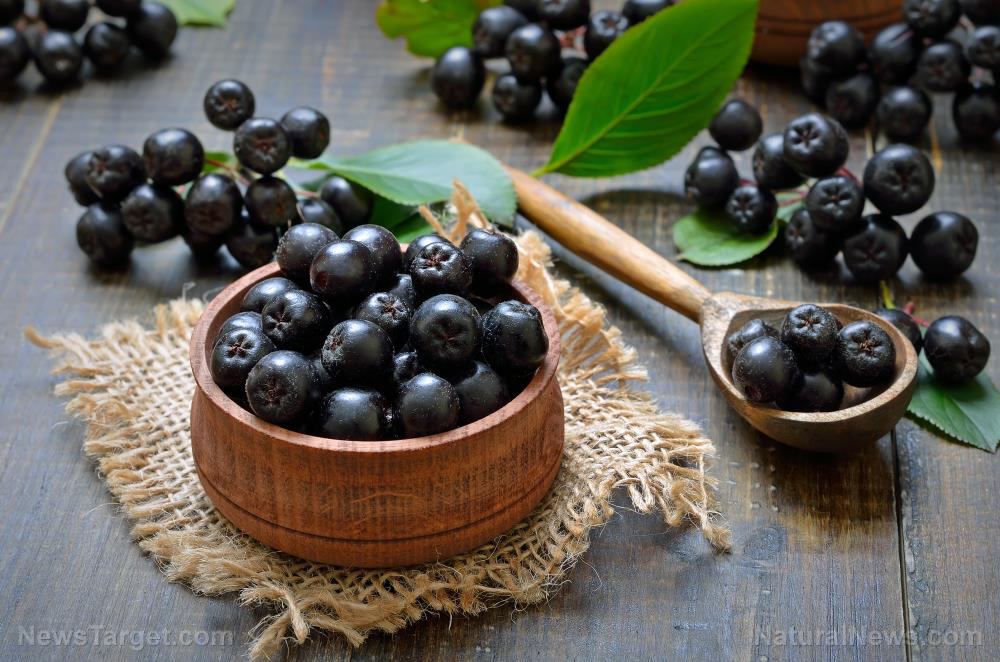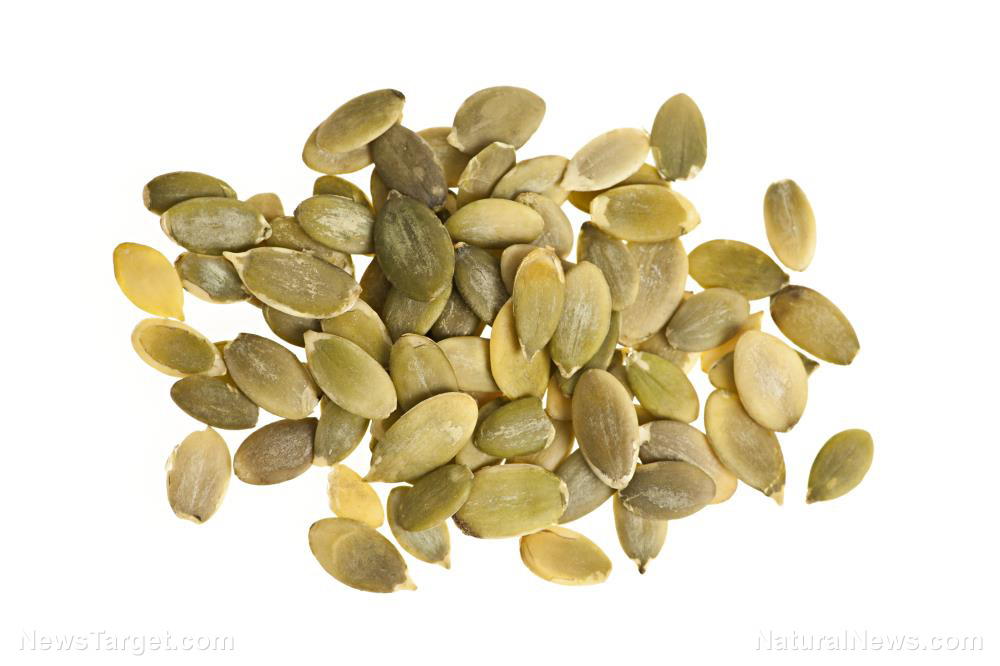Lost your appetite? Experts say nutmeg oil can bring it back
02/19/2021 / By Evangelyn Rodriguez

Loss of appetite is a common symptom that can be caused by a wide variety of conditions. For instance, bacterial, fungal and viral infections, such as upper respiratory tract infections, skin infections, pneumonia or gastroenteritis, can all cause loss of appetite. Stress, boredom, anxiety and depression are also known to cause this symptom. Other possible causes for decreased or complete loss of appetite include more serious conditions, such as cancer, kidney failure, hepatitis or heart failure.
Loss of appetite is treated by directly addressing its cause. However, depending on the condition it’s associated with, treatment can be expensive. But in a recent study, researchers at Kyoto University investigated a potential treatment for loss of appetite that’s both inexpensive and easy to administer. Myristica fragrans, from which this natural medicine is derived, is an evergreen tree native to the Moluccas, or Spice Islands, of Indonesia. The seeds of this exotic plant are the main source of two popular culinary spices, namely, nutmeg and mace.
According to previous studies, the oil derived from the fruits and seeds of the nutmeg tree has appetite-enhancing properties. Nutmeg oil is also traditionally used to treat digestive issues, such as bloating, gastrointestinal distress and decreased appetite. The researchers explored the beneficial properties and active components of nutmeg oil in an article published in the Journal of Natural Medicines.
Nutmeg oil shows appetite-enhancing effects in vivo
The spice known as nutmeg is popular for its warm, nutty flavor that goes well with sweet and savory dishes. It is widely used today in the culinary world and can be found in almost every kitchen around the world. In Asian countries, nutmeg is not only used as an ingredient, but it also has a long history of use as herbal medicine that can improve a person’s appetite. (Related: Nutmeg exhibits powerful anti-diabetes properties, concludes study.)
According to previous studies, nutmeg oil contains two active phytochemicals, myristicin and methyl eugenol. Myristicin is also present in parsley, black pepper, carrots and dill, and is said to have anti-inflammatory, antibacterial, antioxidant, anti-proliferative, anti-cholinergic and hepatoprotective properties. Methyl eugenol, meanwhile, is a compound present in various essential oils. It has been reported to have antibacterial, antifungal, insecticidal, anesthetic and antioxidant properties.
In one animal study, researchers found that inhalation of myristicin and methyl eugenol increased the appetite mice. Because of this, the two compounds have attracted the attention of healthcare professionals who care for older people with dementia. Loss of appetite is not unusual for these patients since they tend to suffer from hypophagia, or a reduction in food intake and feeding behavior. Hypophagia, if left unaddressed, leads to frailty, and patients end up bedridden. Hence, inexpensive appetite-enhancing agents that are easy to administer are particularly desirable.
In their study, the Japanese researchers found that inhalation of nutmeg oil, myristicin and methyl eugenol produced appetite-enhancing effects in mice. However, only methyl eugenol exerted both appetite-enhancing and locomotor-reducing effects at the same dose. According to a previous study, benzylacetone, an attractant compound found abundantly in flowers, also exerted the same effects at the same dose, and even increased the bodyweight of mice significantly.
Methyl eugenol, however, did not have the same effect on body weight because the mice experienced olfactory habituation — reduced behavioral response due to repeated exposure — after several inhalations.
The researchers believe that their study provides crucial information for identifying suitable compounds that can be used for the long-term treatment of appetite loss.
Sources include:
Tagged Under: alternative medicine, appetite loss, food cures, food is medicine, functional food, herbal medicine, Herbs, natural cures, natural medicine, nutmeg, nutmeg oil, phytonutrients, remedies, research
RECENT NEWS & ARTICLES
FoodIsMedicine.com is a fact-based public education website published by Food Is Medicine Features, LLC.
All content copyright © 2018 by Food Is Medicine Features, LLC.
Contact Us with Tips or Corrections
All trademarks, registered trademarks and servicemarks mentioned on this site are the property of their respective owners.



